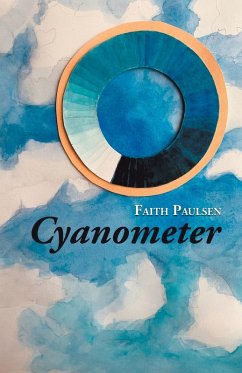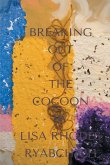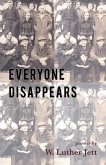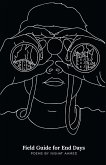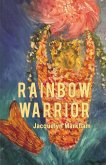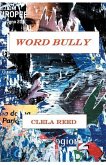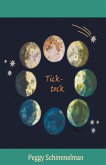Faith Paulsen vividly captures the intimacies, secrets, and sorrows between beloved family members and friends. In the midst of losses, wonder and compassion abound: a hummingbird is a "trick of the eye" that evokes the speaker's mother sipping tea as it "savor[s] rosewater" in a "call to prayer." In a meditation on a wondrous invention designed to measure every shade of sky, a voice urges, "Make my body an instrument to measure the blues." A mother who transforms her grown son's bedroom into an office lingers in memory and longing until "Missing him / is the dervish bell she whirls in. / Missing him is its own language." Even as her poems lament "Losses [that] swim away / like minnow / as we try to count them," Paulsen's contemplative poems resonate deeply with love and the vibrancy of life. -Dilruba Ahmed, author of Bring Now the Angels Opening with a pastoral awhirl in whooshing and lush specific detail, Cyanometer grounds readers firmly in the now and gives us poems of presence and attention. We move from now to past, from intimate family moments to times of historical import. A collection so seamlessly organized, I urge readers to read from beginning to end at least once-no skipping around. Poem follows poem on a music-drenched journey from the present to the past and back, from a poignant moment of imagining the future minus a dying mother, to a childhood memory of watching that same mother pin up her hair with its scent of Breck shampoo. The choice to turn a grown son's bedroom into an office becomes a haunting meditation on what it means to miss, or be missing, a study of absence that is its own kind of presence. In Ode to a Fossil, Paulsen brings us an outlook,/ layer on layer/on layer,/a deposition of sediment//mudstone, siltstone, redwall. This is the vista of Cyanometer-a deposition of layers of memory, observation, and, ultimately, well-earned wisdom. -Liz Abrams-Morley, Author of Beholder The title, Cyanometer, forms the conceit for Faith Paulsen's book of poems that marvel at the many hues of looking inward and looking back. Urgent images and quick flashes of narrative are given in a language so vital and attentive that the strictures of grammar cannot hold back the rush of sense memory and sudden insight into the nature of self seen from "all directions." What capacious observations of her own self are refracted through those of the rabbit, the elephant, the Marianas Trench, her friends, family and, in the final poems of love and loss, her mother. Like the dragonfly of Pompeii which, "with one beat of its lucent wings / left its mark," so Paulsen leaves hers in poems of reflection, lament, and delight. -J. C. Todd, author of Beyond Repair
Hinweis: Dieser Artikel kann nur an eine deutsche Lieferadresse ausgeliefert werden.
Hinweis: Dieser Artikel kann nur an eine deutsche Lieferadresse ausgeliefert werden.

